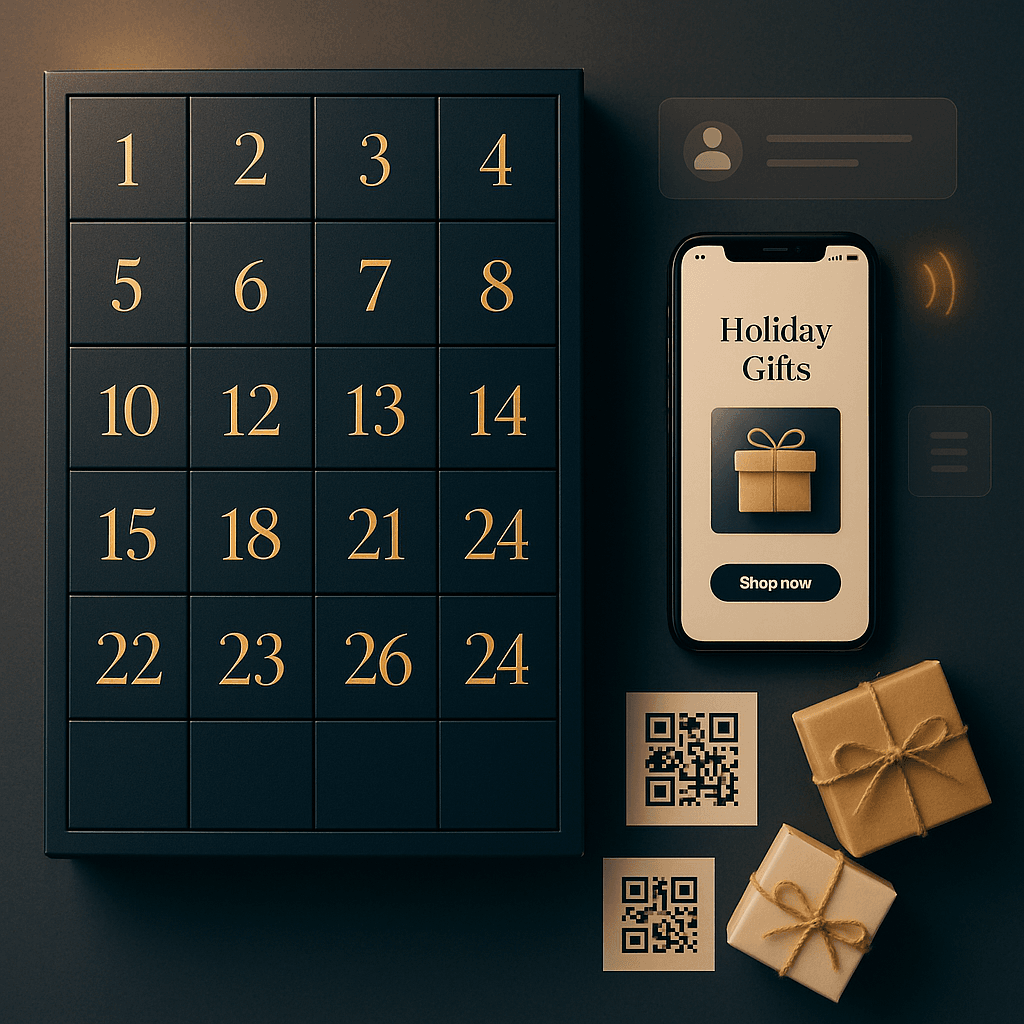Jacob Kiplimo just delivered one of the most dominant marathon performances in history, crossing the Chicago Marathon finish line in 2:02:23 - the second-fastest time ever recorded at the event. The Team Galaxy athlete credited Samsung's Galaxy Watch8 for helping optimize his training and recovery, highlighting how wearable tech is reshaping elite athletic performance.
Jacob Kiplimo didn't just win the Chicago Marathon on October 12 - he rewrote the record books. The Ugandan distance runner blazed through 26.2 miles in 2 hours, 2 minutes and 23 seconds, marking the second-fastest time in the event's 47-year history and the seventh-fastest marathon ever recorded.
But what's catching attention beyond the stunning performance is the tech strapped to Kiplimo's wrist. The Team Galaxy athlete relied heavily on Samsung's Galaxy Watch8 throughout his preparation, using the device's Running Coach and sleep optimization features to fine-tune his training regimen.
"When anxiety kicks in before the big race, it is critical that I reduce my training and conserve my energy through sleep - a crucial part of every runner's training journey," Kiplimo explained in a Samsung statement. "Sleep helps my body lock in all the hard work I've done."
The victory represents more than just another sponsorship win for Samsung. It's validation of the company's push into serious athletic performance tracking, competing directly with specialized sports brands like Garmin and Polar that have dominated professional running for years.
The Galaxy Watch8's Running Coach feature analyzes performance data after just a 12-minute run, providing athletes with a tailored assessment on a 10-level scale and customized training programs. During runs, the watch delivers real-time pace feedback and motivational messages - features that elite athletes are increasingly relying on for marginal gains that can mean the difference between podium finishes and also-rans.
What's particularly noteworthy is the emphasis on recovery optimization. The Galaxy Watch8's new Bedtime Guidance feature analyzes sleep patterns over three days to suggest optimal bedtimes and establish consistent sleep routines. For marathoners like Kiplimo, where recovery can be just as important as training intensity, this kind of personalized sleep coaching represents a significant advancement.
The timing couldn't be better for Samsung. The global fitness wearables market is expected to reach $27.2 billion by 2026, with professional athletes increasingly driving consumer adoption. When elite performers publicly credit specific devices for their success, it creates powerful marketing momentum that translates directly to retail sales.












